Publications
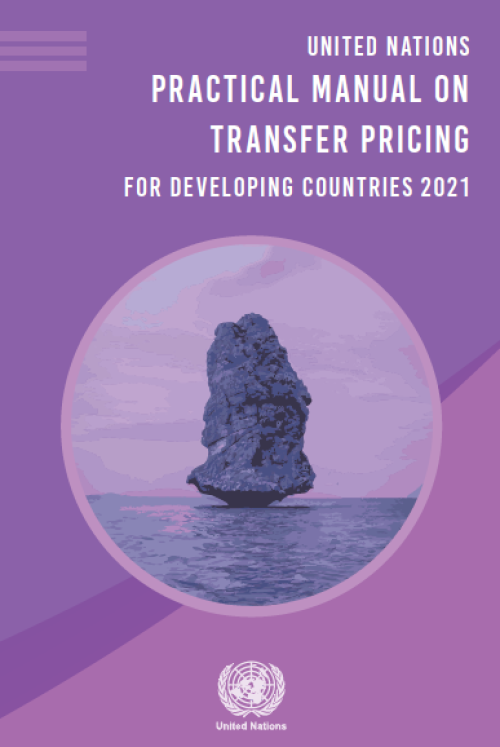
Transfer pricing is the general term for the pricing of transactions between related or associated enterprises. It should reflect the internationally accepted arm’s length principle embodied in Article 9 of the UN Model Double Taxation Convention between Developed and Developing Countries. It is particularly relevant to the global transactions of multinational enterprises, involving the transfer of goods, services and intangibles between enterprises of the multinational groups.
When transactions between associated enterprises do not reflect the arm’s length principle, profits might be shifted to low-tax or no-tax jurisdictions and losses and deductions shifted to high-tax…
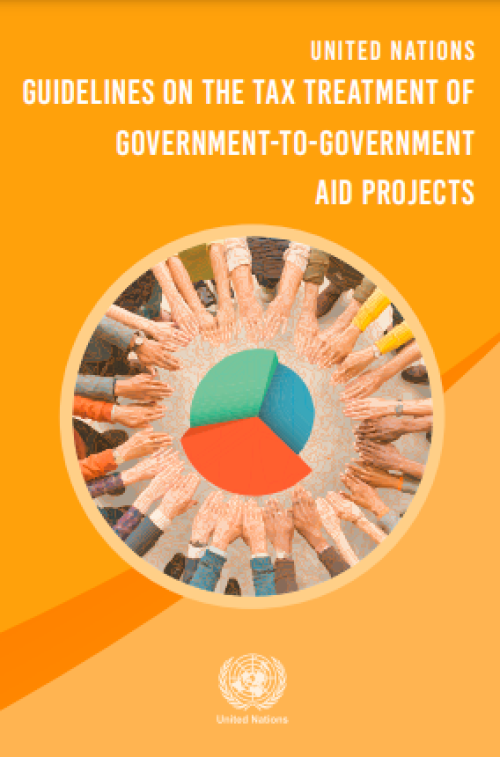
The proliferation of special tax exemptions, including tax exemptions related to government-to-government aid projects, poses a serious obstacle to developing country efforts to broaden their tax base. Donor countries are increasingly conscious of the difficulties that such exemptions create for the tax authorities, and a number of them have reconsidered their policy in this area. This trend is further encouraged by the call in the 2015 Addis Ababa Action Agenda on Financing for Development for countries to consider not requesting tax exemptions on goods and services delivered as government-to-government aid, in order to make their development cooperation more effective.
The new…
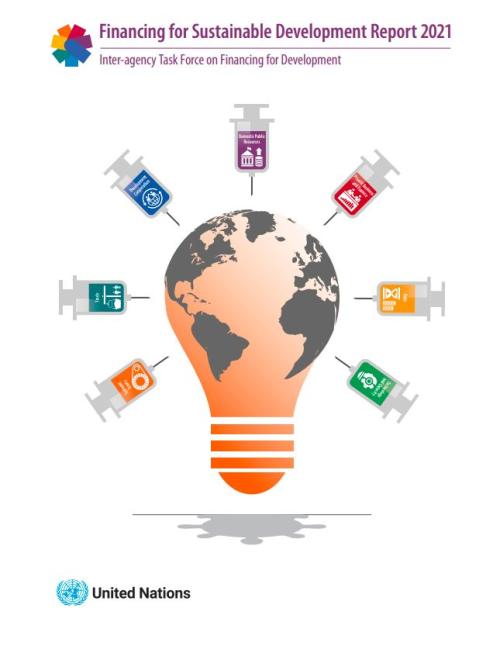
The COVID-19 pandemic is leading to an even more sharply unequal world as the development gains for millions in poor countries are reversed, according to a new report released by the United Nations today.
The Financing for Sustainable Development Report 2021 says the global economy has experienced the worst recession in 90 years, with the most vulnerable segments of societies disproportionately affected. An estimated 114 million jobs have been lost, and about 120 million people have been plunged back into extreme poverty.
Only immediate action can prevent a lost decade for development for many countries.
“What this pandemic has proven beyond all doubt is that we…
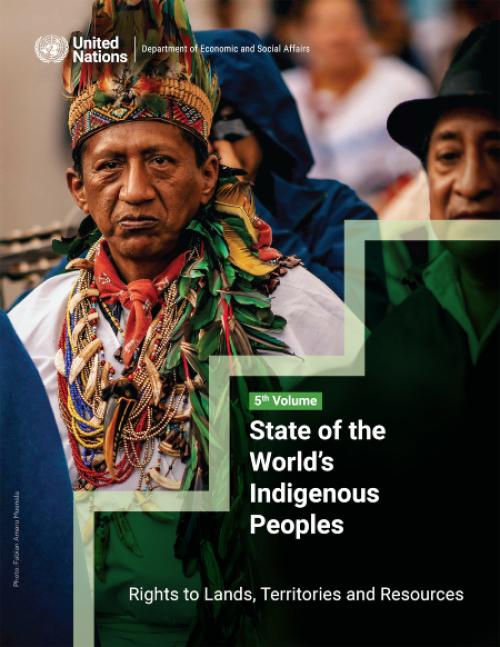
The world’s indigenous peoples call 22 per cent of the global land surface home. They live in areas where you find about 80 per cent of the planet’s biodiversity and much of the world’s non-commercially exploited land and many of its remaining mineral and forest resources, major rivers, fossil fuels and sources of renewable energy.
While often described as the custodians of our Earth’s precious resources, they are frequently denied their rights to lands, territories and resources, according to a new UN DESA publication released today.
The latest volume of the State of the World’s Indigenous Peoples entitled “Rights to Lands, Territories and Resources”,…
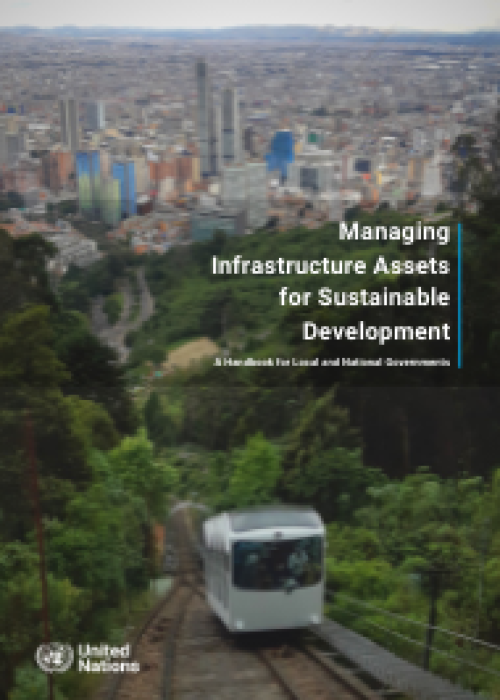
This UN/DESA-UNCDF Handbook represents a significant contribution to the Financing for Sustainable Development agenda, advancing both thought leadership and action. Finalized in the crucible of the COVID-19 crisis, the Handbook brings global visibility to infrastructure asset management as a critical, high impact area for investing in local capacities to mobilize and manage financing for sustainable development, including in emergencies.
With trendy focus on the ‘new and shiny’, old assets often go neglected, while new ones are built without putting in place effective asset management frameworks. Underinvestment in infrastructure maintenance has been estimated to cost some…
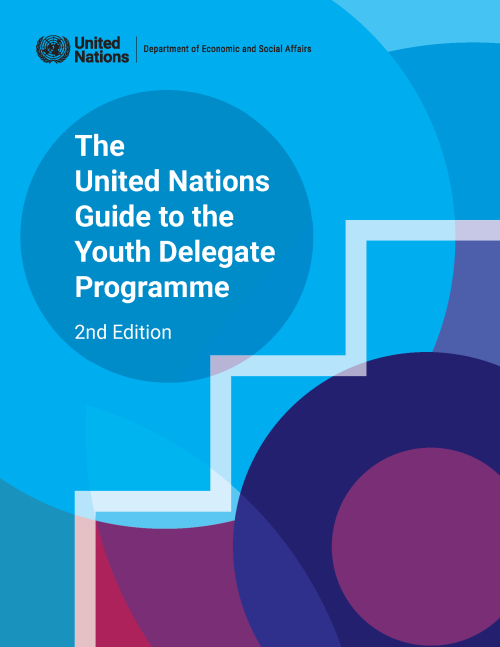
This guide has been developed as a resource for Member States to provide information about the inclusion of youth in their delegations and offers ideas for those with existing youth delegate programmes on how to potentially strengthen them. It includes sections on establishing a programme, suggestions for possible roles of youth delegates and practicalities to be considered.
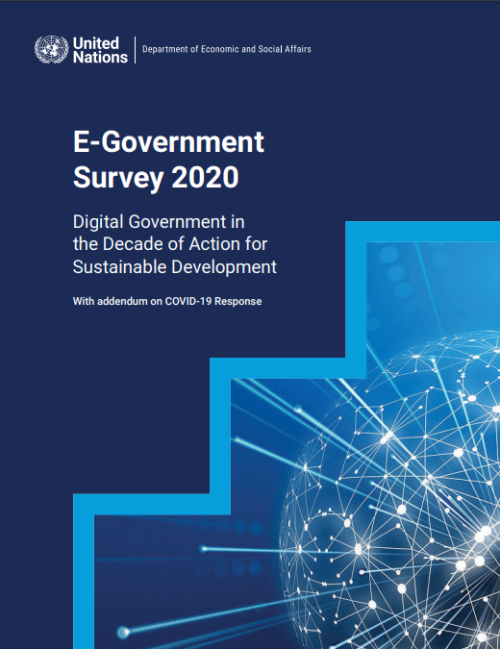
The year 2020 witnessed a transformational change in global development as the United Nations Secretary-General António Guterres called on Member States and other stakeholders to “kickstart a decade of delivery and action for people and planet”, given the short time left to achieve the 2030 Agenda for Sustainable Development. By surveying and studying broad patterns of digital government around the world, the United Nations E-Government Survey assesses the digital government development of the 193 United Nations Member States in identifying their strengths, challenges and opportunities, as well as informing policies and strategies. The Survey supports countries’ efforts to provide…
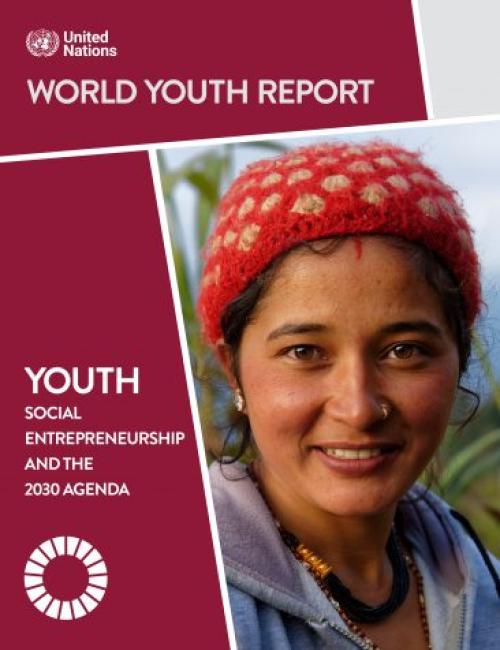
Tearing down barriers that prevent more young people from becoming successful social entrepreneurs will contribute to advancing the Sustainable Development Goals and tackling the socio-economic impacts of COVID-19, according to a new report released today by the UN Department of Economic and Social Affairs.
The report calls on governments and other decision-makers to remove obstacles to youth social entrepreneurship, such as access to start-up funds that are presently limiting the ability of young people to engage in profitable activities. Many regulatory systems often prevent — sometimes involuntarily — young people from accessing financial products and services needed…
Governments must take immediate steps to prevent a potentially devastating debt crisis and address the economic and financial havoc wrought by the COVID-19 pandemic – says a new report from the United Nations-led Inter-Agency Task Force on Financing for Development.
The UN System’s 2020 Financing for Sustainable Development Report outlines measures to address the impact of the unfolding global recession and financial turmoil, especially in the world’s poorest countries. Its recommendations are based on joint research and analysis from the UN System, the International Monetary Fund, World Bank Group, and more than 60 UN agencies and international institutions.
Even before…
Growing inequality in both developing and developed countries could exacerbate divisions and slow economic and social development according to a new UN report, the World Social Report 2020, that was launched today. More than two thirds of the world’s population today live in countries where inequality has grown, and inequality is rising again even in some of the countries that have seen inequality decline in recent decades, such as Brazil, Argentina and Mexico.
The impacts of inequality are being felt at the personal and national levels. According to the report, which is produced by the UN Department of Economic and Social Affairs, highly unequal societies are less effective at…
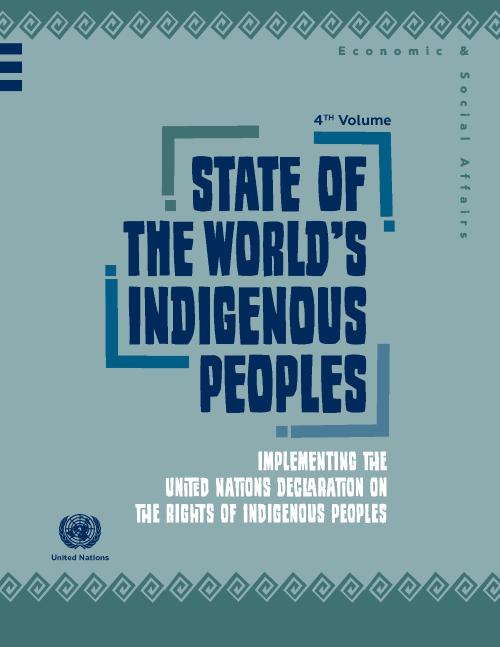
The United Nations Declaration on the Rights of Indigenous Peoples (UNDRIP) has been in place for more than a decade. Has it made a difference? What kind of impact has it had on the survival, dignity and well-being of indigenous peoples. How has it been used? What can be learned from the many ways in which it has been applied and from the obstacles encountered? What gaps and challenges still exist that may be preventing the full implementation of the Declaration? What is the way forward to realize the full potential and promise of the Declaration? These are the questions this publication seeks to explore. This edition of the State of the World’s Indigenous Peoples (SOWIP)…
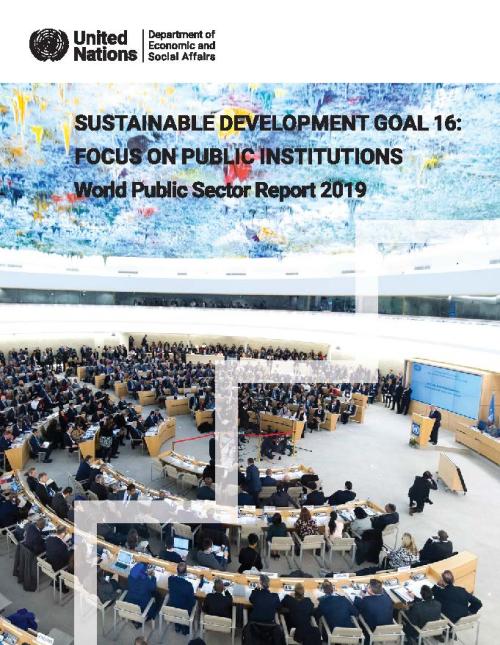
The 2030 Agenda and the Sustainable Development Goals (SDGs) prominently feature institutions, both as a cross-cutting issue in many of the goals and as a standalone goal (SDG 16). The World Public Sector Report 2019 looks at national-level developments in relation to several concepts highlighted in the targets of Goal 16, which are viewed as institutional principles: access to information, transparency, accountability, anti-corruption, inclusiveness of decision-making processes, and non-discrimination. The report surveys global trends in these areas, documenting both the availability of information on those trends and the status of knowledge about the effectiveness of related policies…
 Welcome to the United Nations
Welcome to the United Nations